
It’s June 2008. The final school bell of the year rings distantly in your ears as you burst through your front door, haphazardly kicking your sneakers across the living room floor. Barrelling up the stairs, you sling your backpack onto the ever-growing pile of laundry in the corner before collapsing into your desk chair. Motion City Soundtrack hums through your speakers, their pop-punk basslines underscored by the familiar start-up sounds of your desktop Dell.
This is just a glimpse into the world of Focus Features’ “Dìdi (弟弟)” — Academy Award-nominated writer-director Sean Wang’s triumphant feature debut. A raucous and radiant story based on his own life, “Dìdi” (or, ‘little brother’ in Mandarin) was instantly beloved as an ode to the aches of adolescence. Premiering at Sundance Film Festival this January, it won the U.S. Dramatic Audience Award and Special Jury Prize for Best Ensemble Cast before capturing hearts nationwide.


So, what makes “Dìdi” so special?
We first meet protagonist Chris Wang (Izaac Wang) — less affectionately, Wang Wang, to his friends — in the summer before his freshman year. The son of Taiwanese immigrants, he lives with his college-bound sister (Shirley Chen), well-intentioned mother (Joan Chen) and aging paternal grandmother (Chang Li Hua) in the sleepy suburb of Fremont, California. When he’s not landing kick flips or updating his MySpace, he can reliably be found skipping SAT prep, pranking his sister or, on the rare occasion, blowing up mailboxes with his friends.
In other words, he’s a near-biblically accurate 13-year-old boy — one with all the prerequisites to painstakingly “come of age.”
“Dìdi” slots snugly yet tactfully into this beloved genre, balancing classic tropes with heartfelt wistfulness. As Chris faces his first friend fight, first house party and first fumbling date with his crush, the film evokes all the palm-sweating anxiety of “Booksmart,” familial tension of “Lady Bird” and the intrinsic teenage desire to be cool without having the slightest idea how. According to Sean, the vision for the film was to take a movie like “Stand By Me” and “set it in a place I know and star people who looked and talked and felt like the kids that I grew up with” — creating something that’s as nostalgic as it is novel.
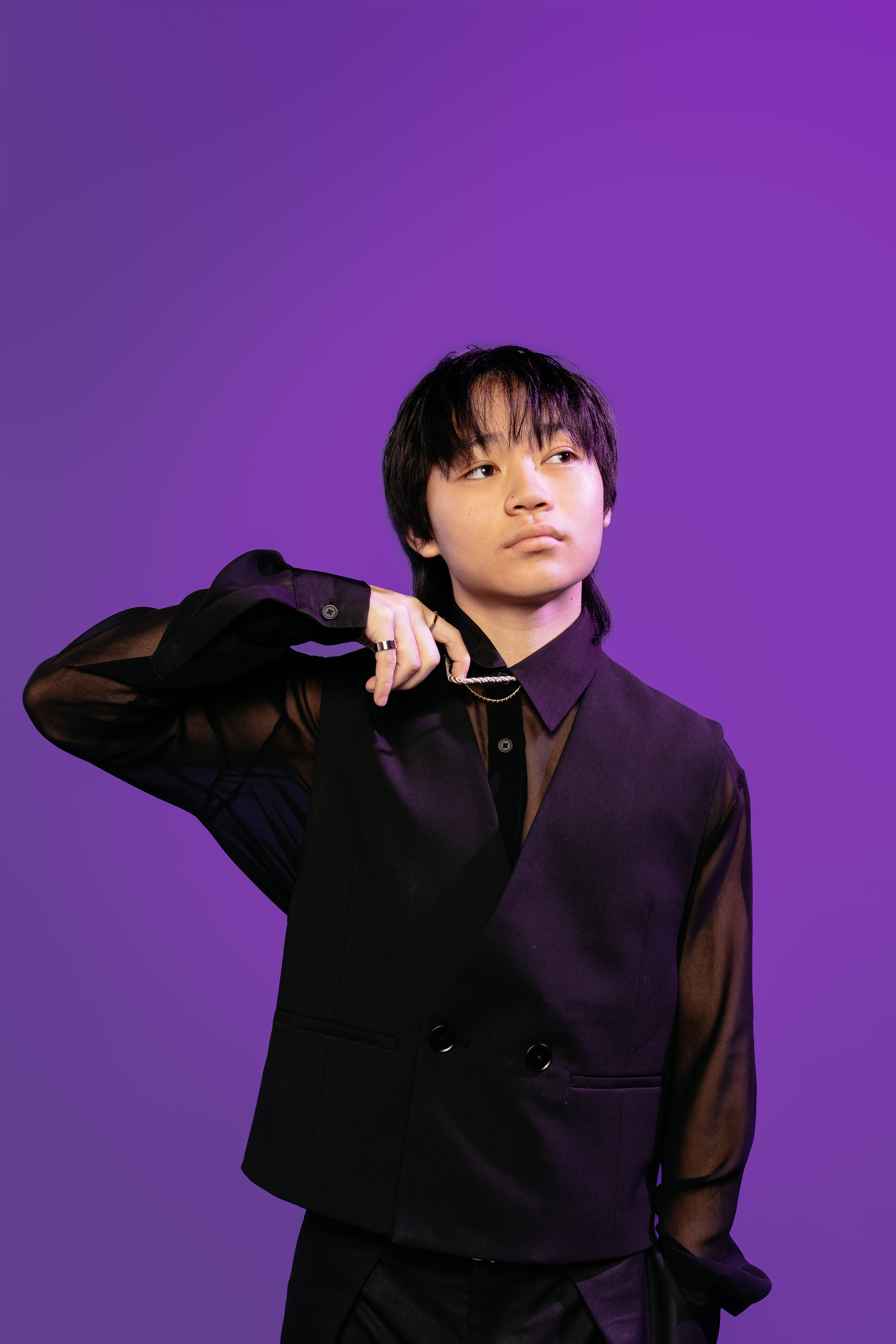
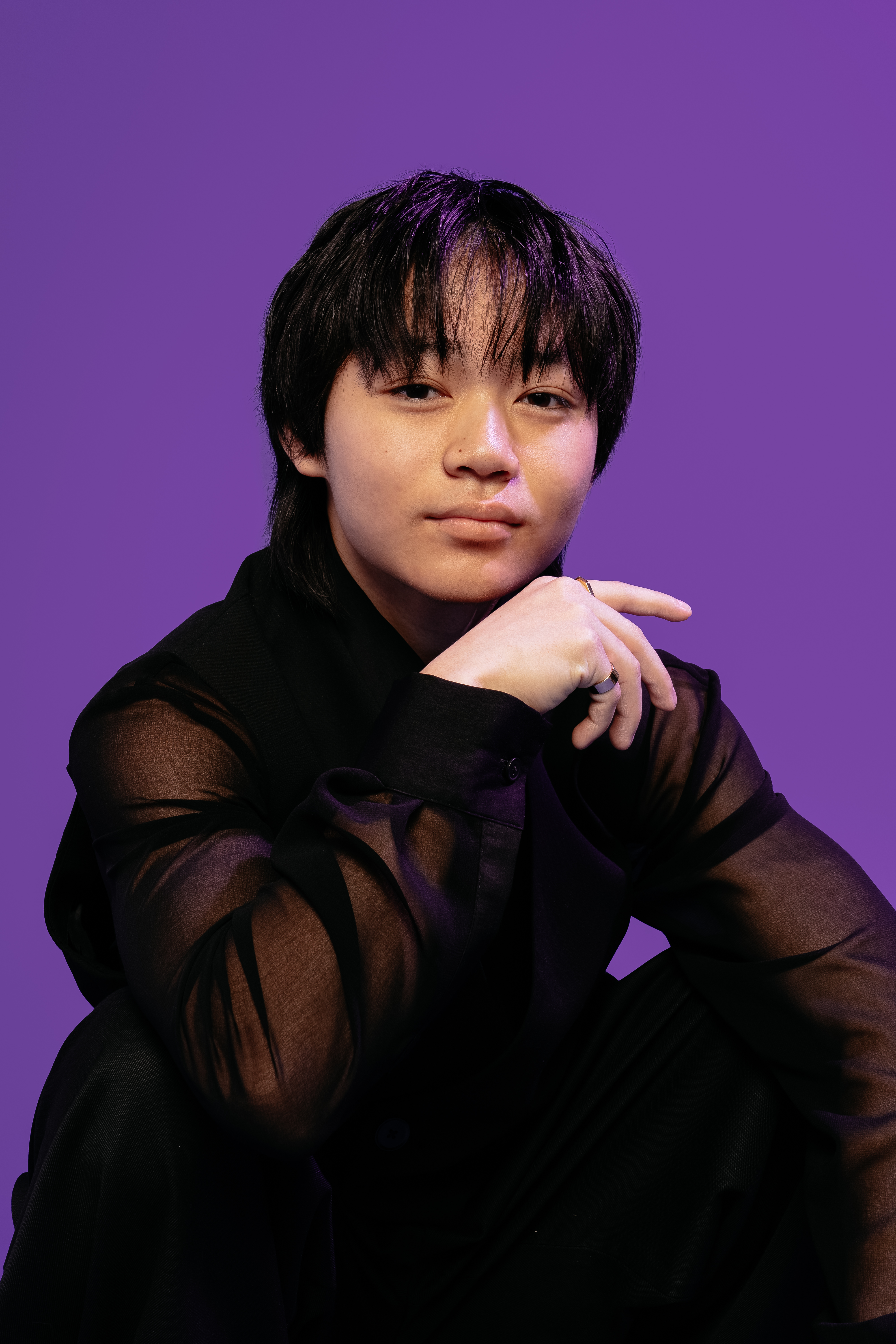
It helps that the film takes place in dreamlike 2008, a time that’s remembered for the first-ever viral videos and clunky Motorola Razrs. While it’s no easy feat to craft a period piece that’s heart-warming rather than cringe-inducing, “Dìdi” strikes the perfect chord — largely thanks to Sean’’s careful hand and heart. From filming in his actual childhood bedroom to dressing his actors in era-defining Livestrong bands, he led the production with a heavy emphasis on authenticity.
“The challenge I gave myself was just make this movie as personal and specific as you possibly can — the internet of the time, the things that I was inspired by like skate culture, Warped Tour pop punk music — and let everything culminate into something that feels fresh but also emotionally familiar,” Sean says.
Atop Sean’s mastery, the story is equally sold by the young lead’s performance. Not much older than Chris, Izaac Wang, now 17 (and “way cooler” than Wang Wang, he laughs), is hilarious, honest and utterly heart-warming. He makes it impossible not to root for Chris, obnoxious pre-teen angst and all.
“I was a weird kid, you know? And because of that, I tried to close that part of myself up,” Izaac says.
“But being in ‘Dìdi,’ I had to reopen the wounds of my 13-year-old self. I had to be vulnerable with myself again.”
The true magic of “Dìdi,” though, doesn’t lie in Chris’ journey alone. Instead, it comes to life in the relationship between Chris and his mother, Chungsing. A slightly overbearing but severely overlooked parent, Chungsing’s character is as iconic to the genre as the teenage protagonist. Yet, hers is a story that’s rarely been explored. Mothers in these narratives often appear as accessories (at their best) or adversaries (at their worst), existing predominantly in relation to their child.
“Dìdi” is different.
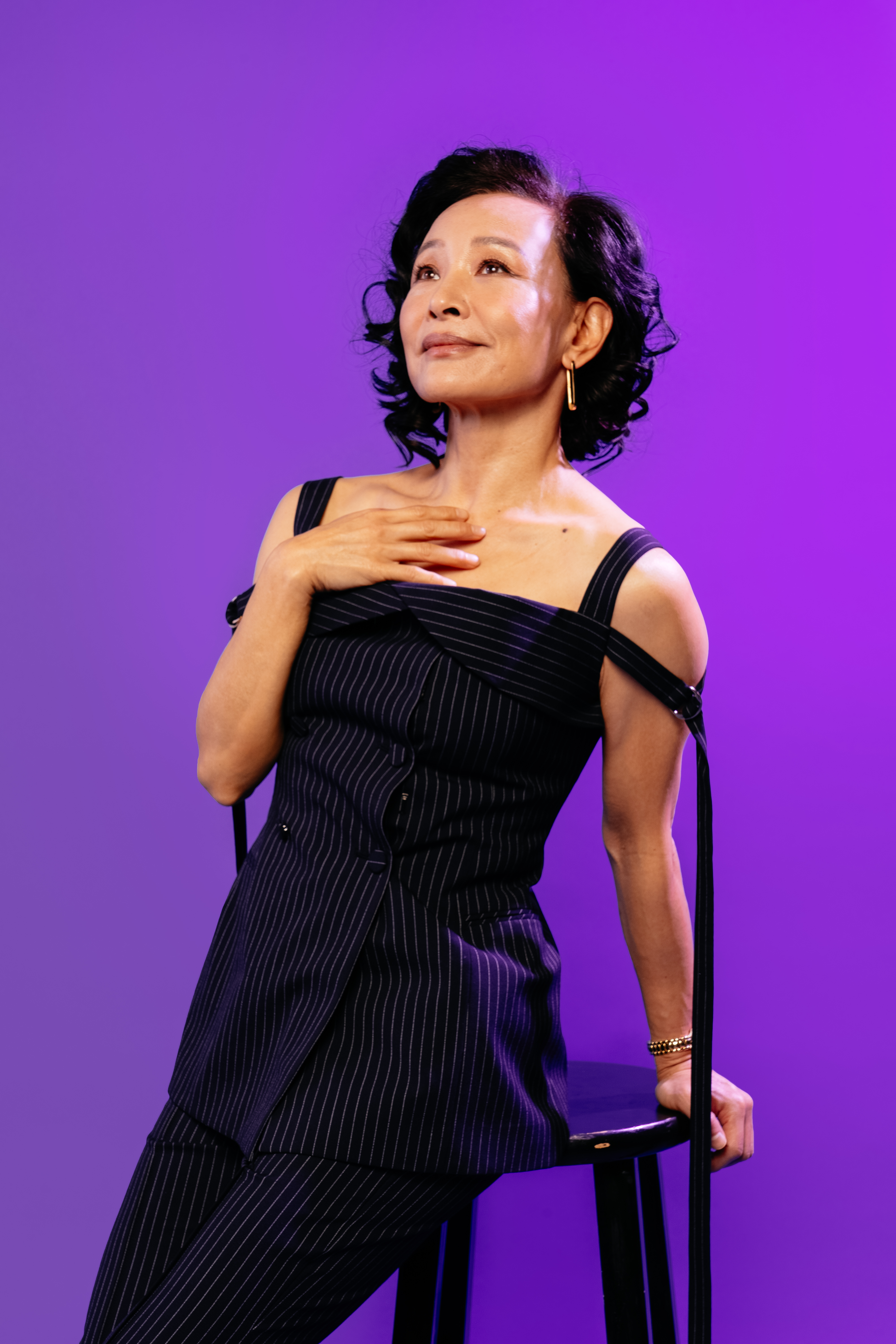
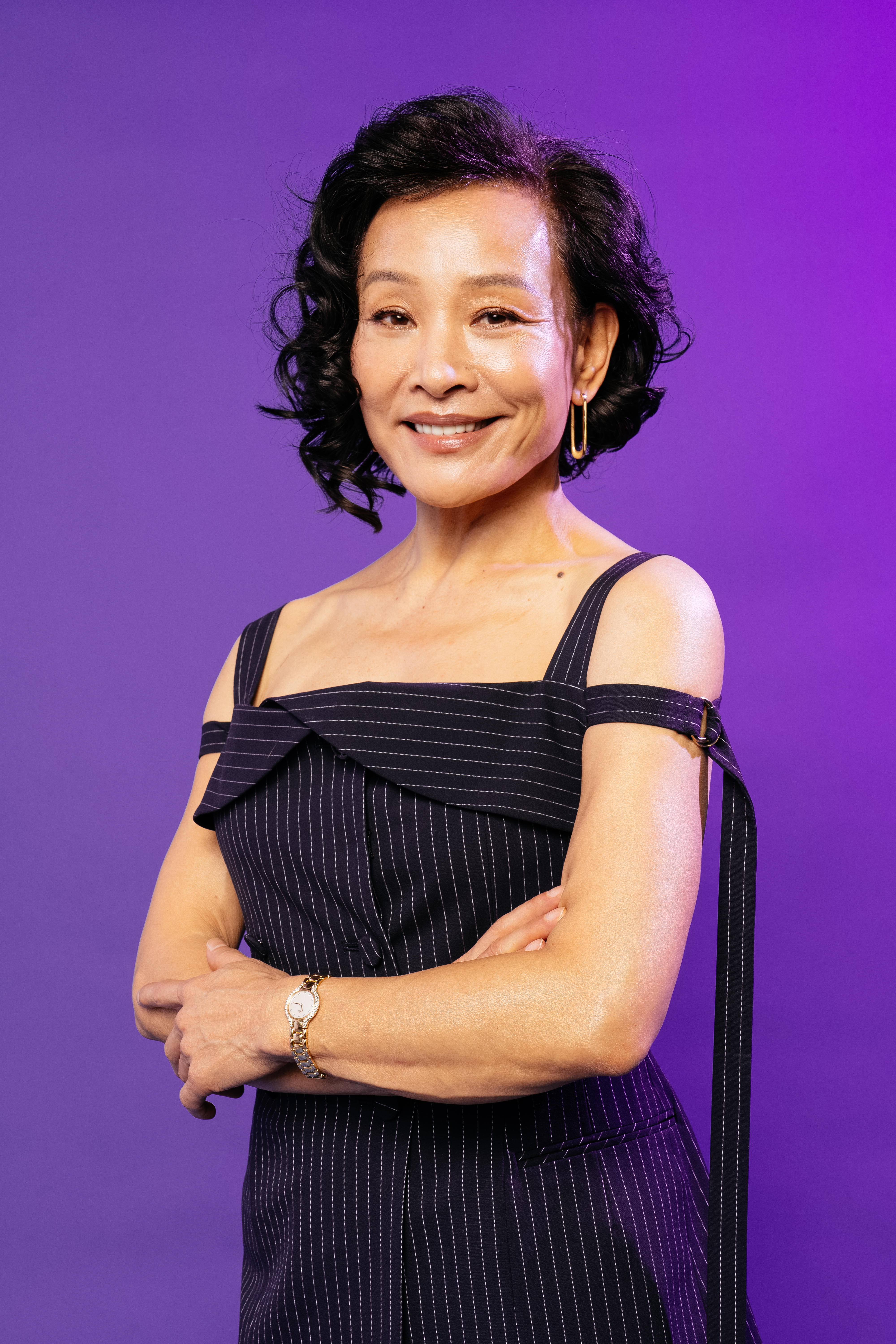
Chungsing Wang is whole and complex. As she struggles to parent her quarreling children, appease her never-satisfied mother-in-law and maintain her aspirations of becoming a painter (all with an absent husband), she spends the film reconciling her identities as a mother, a daughter and a woman. “Sometimes I dream,” she says to Chris in a quietly heart-wrenching moment.
“I love the fact that she is different from the popular imagination of a Tiger Mom,” Joan says.
“She is this gentle, empathetic and, best of all, artistic woman, who also carries within her a sadness, though she doesn’t show it. … [Her dashed dream] adds to the complexity of the character, even though it’s all underneath. It’s very subtle, but we wanted it all to be there.”
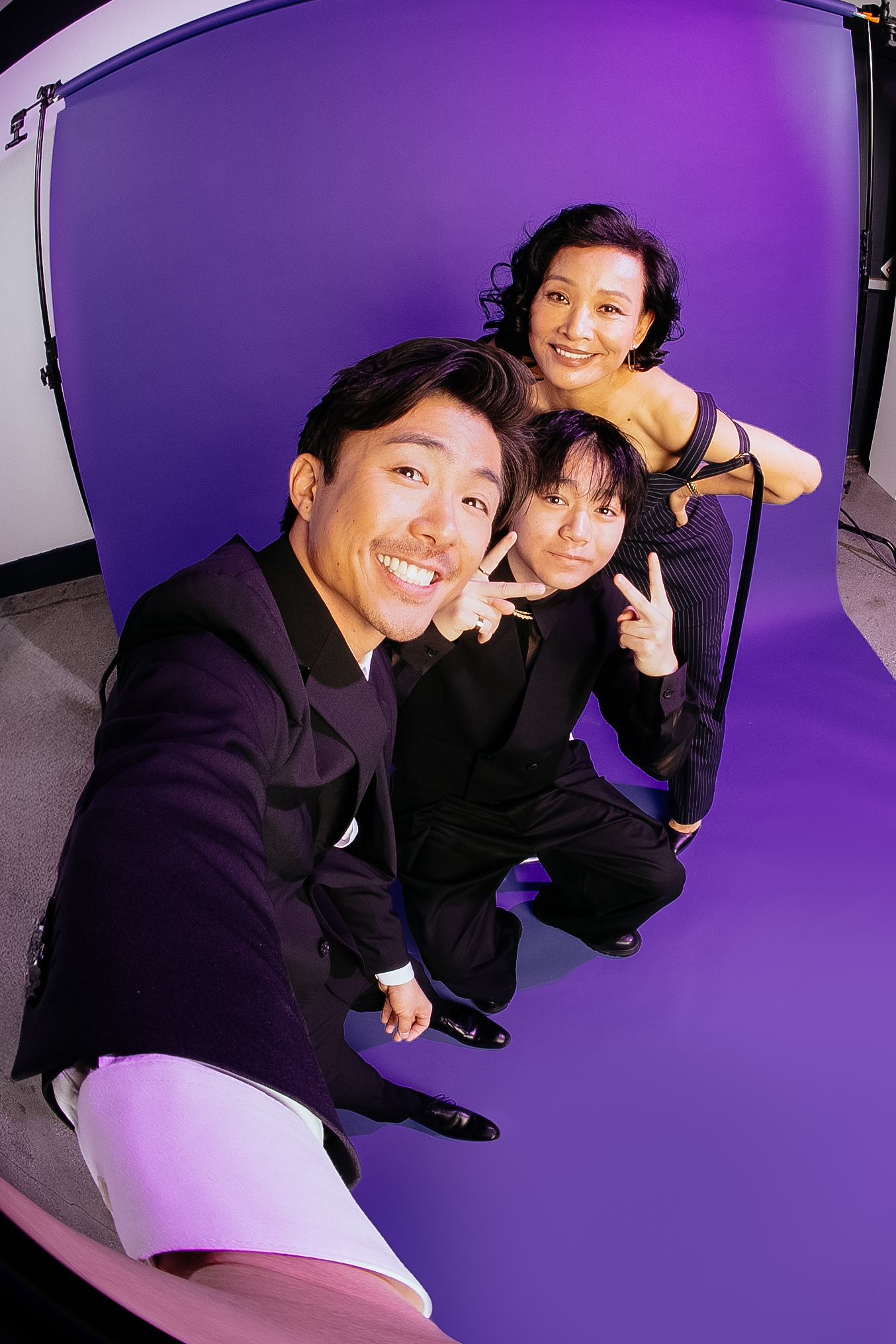
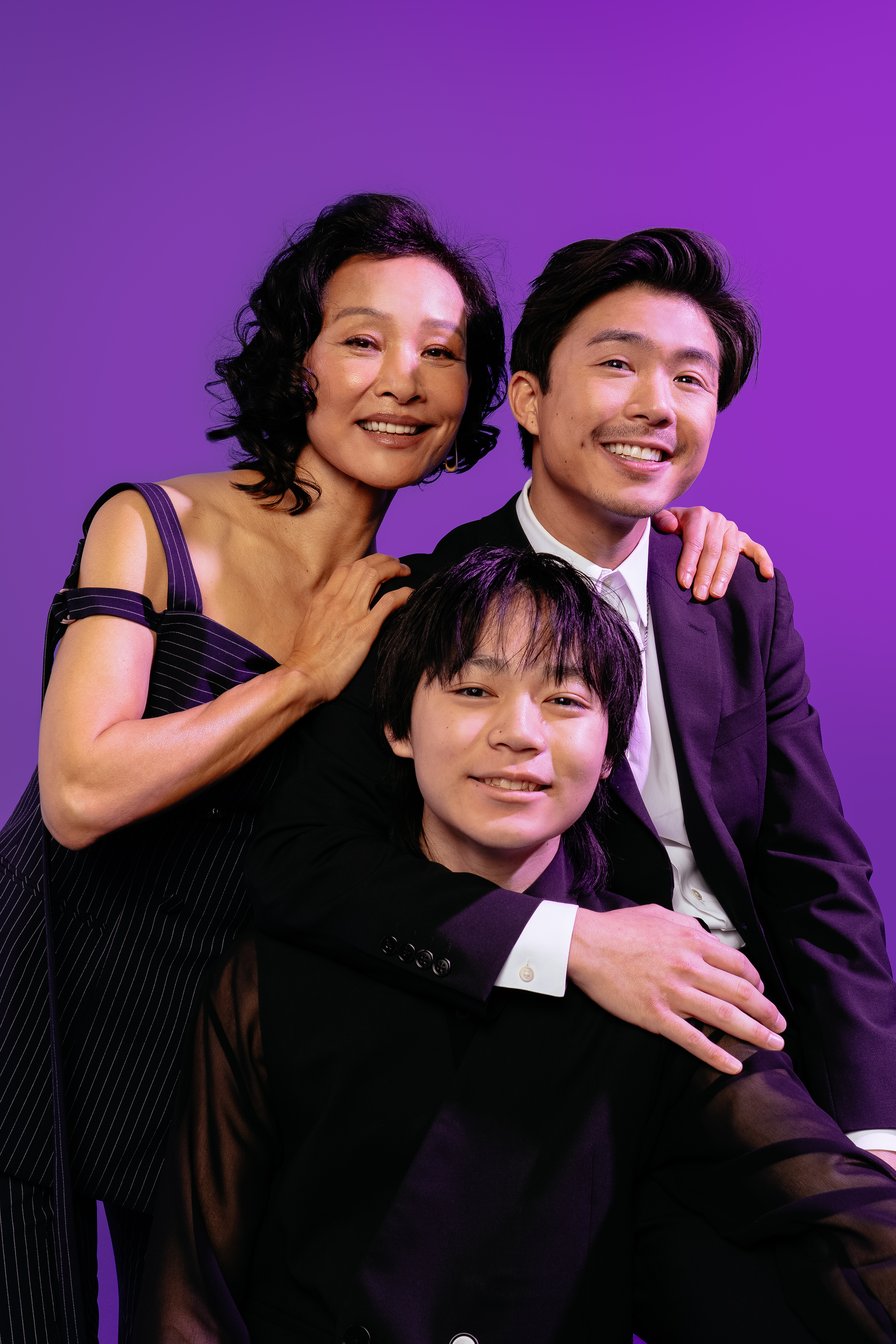
Through all of Chris’ failures — the painfully relatable times when he, in Sean’s words, “gets close to something that he thinks he wants [and] kind of fucks it up” — Chungsing stands with open arms and an adoring heart. “Everything [Chris] wants is conditional to him being a version of himself that he isn’t,” Sean explains. [But] his mom is there every step of the way. … It’s the only relationship where the love is unconditional.”
In every moment, Chungsing sees her son for everything that he is — even when he can’t see it himself.
“A lot of filmmakers say, ‘The story reveals itself to you.’ And by the nature of living with this movie for so long, I was like, ‘There’s something unique and good here, but something’s missing.’ And I just really felt a desire to write about my relationship with my mom,” Sean says. “I don’t think I could’ve articulated why at the time, but it’s only now — in the past year of dissecting the movie — where I’ve realized that that relationship was the most of every emotion in my life.
“It’s the most love and the most warmth, but also the most shame, the most embarrassment and the most pain. There was a lot to mine.”

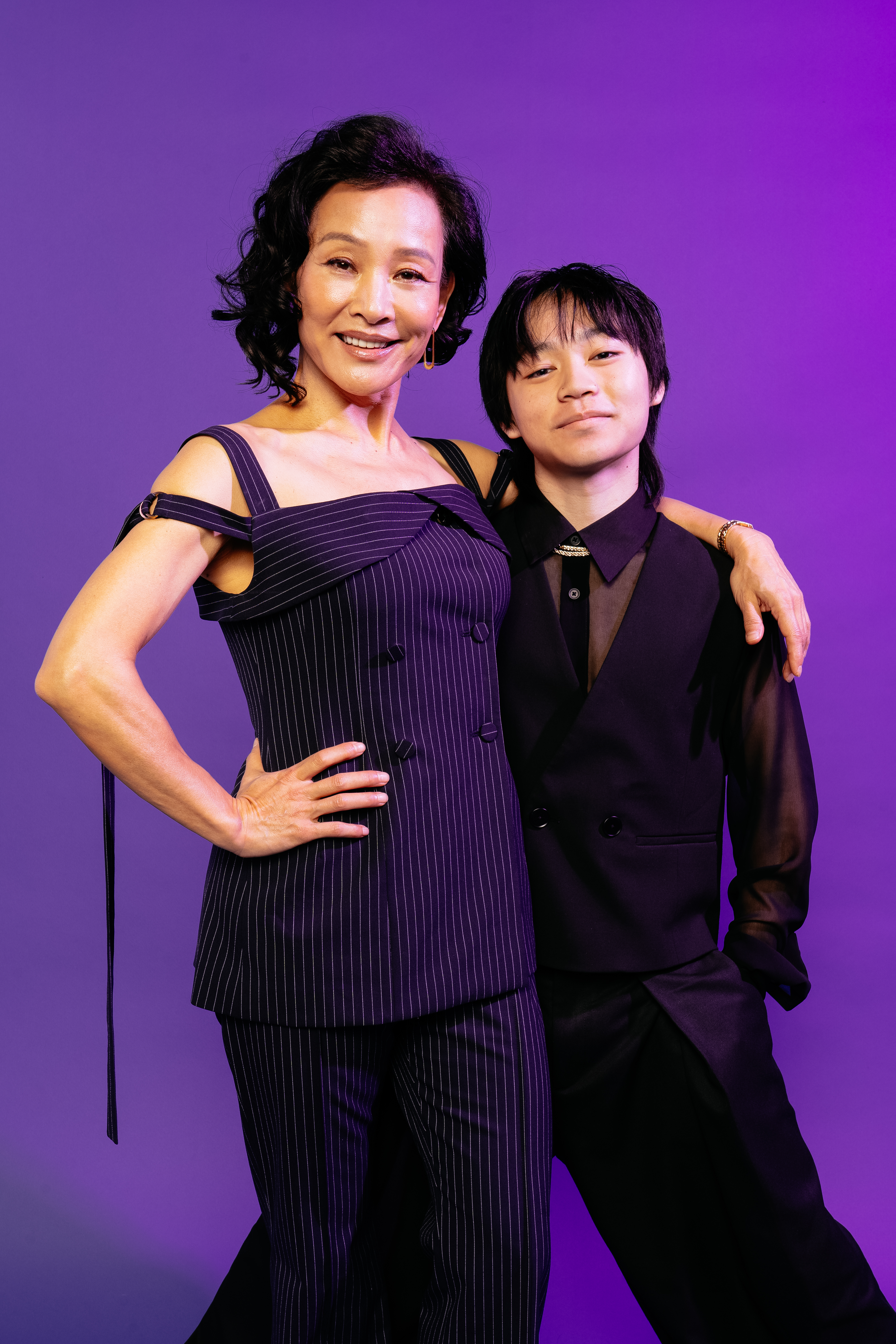
“Dìdi” doesn’t end with a rousing montage or a huge spectacle illuminating what it means to “grow up.” Instead, it highlights one summer in a boy’s life-long journey of “reconciling the beauty and pain of who you are, while navigating the uncertainty of who you have yet to become,” Sean says. And for audiences and the creator alike, it serves as a reminder of how glorious that process can be.
“‘Dìdi’ is everything I want to say now about everything I experienced then. It is an ode to the joy and chaos of adolescence; it is a thank you, an ‘I’m sorry, and I love you’ to the immigrant mothers that raise us and an examination of how it feels to learn to love yourself during a time when the world says you are unworthy of it,” Sean shares. “But more than anything, it is the movie I know my younger self would have loved to see: a coming-of-age movie set in a place I know, starring people who look like those I knew, during a moment when we are the worst versions of ourselves having the best time of our lives.”

This article appeared in Character Media’s Annual 2024 Issue.
Read our full e-magazine here.






